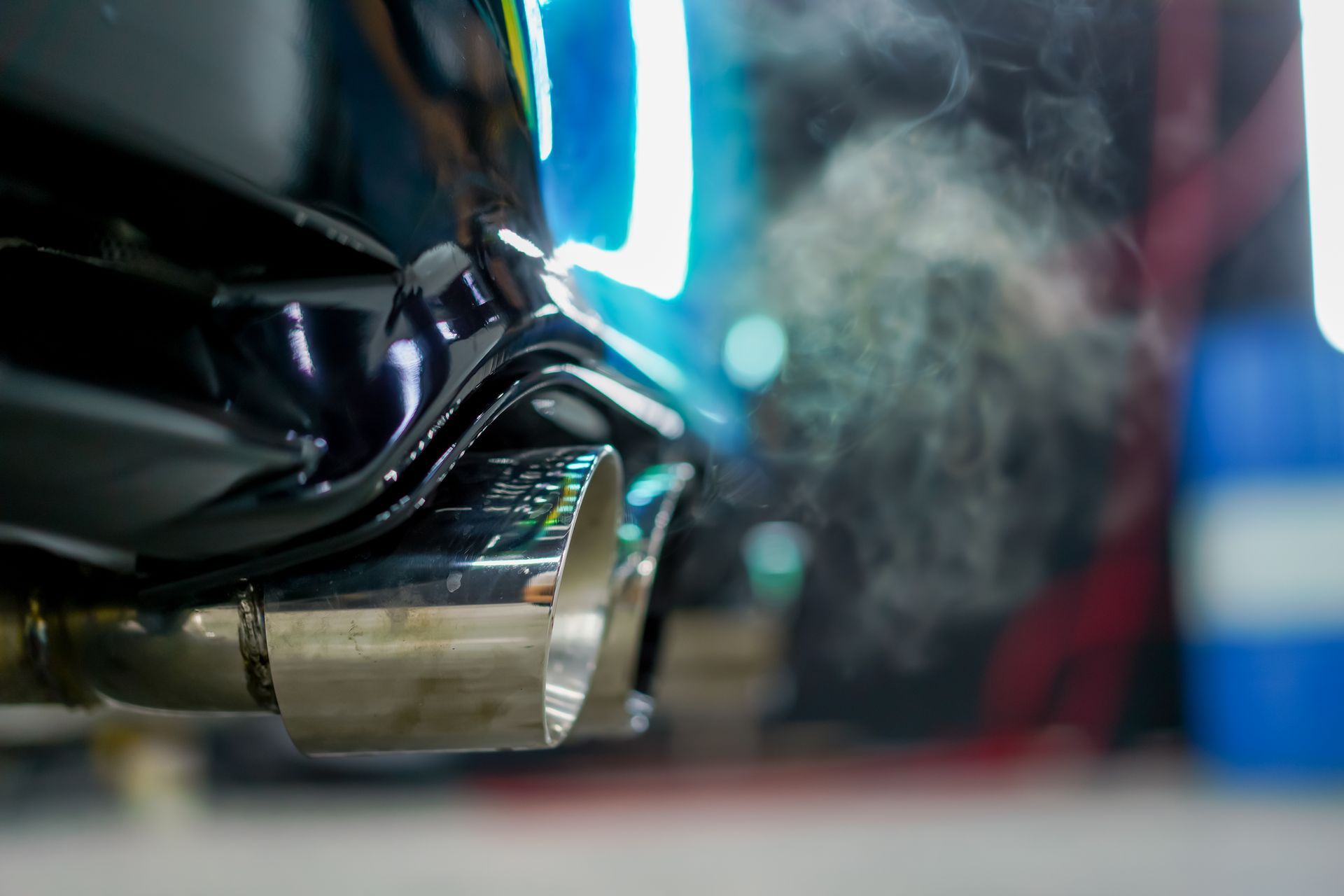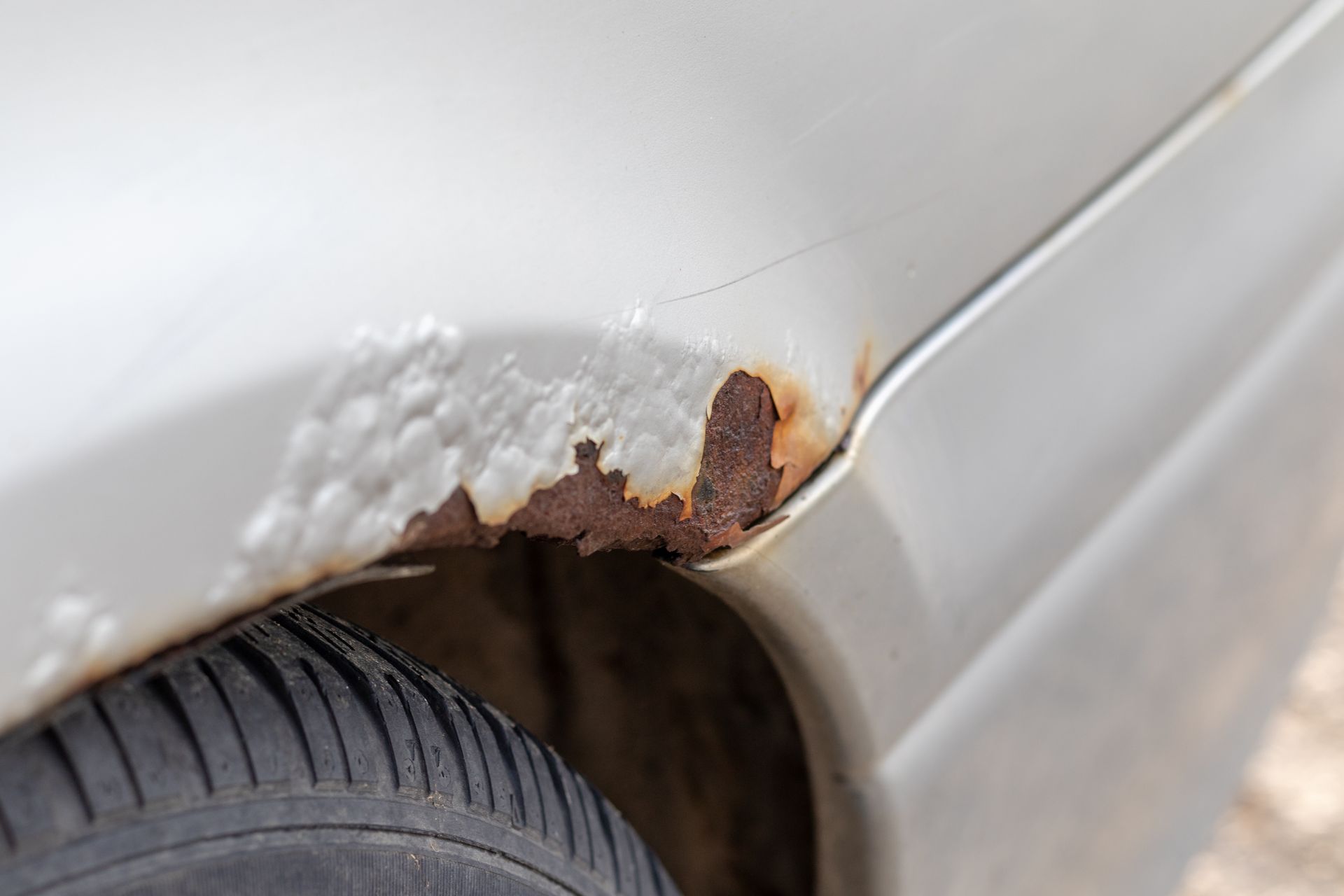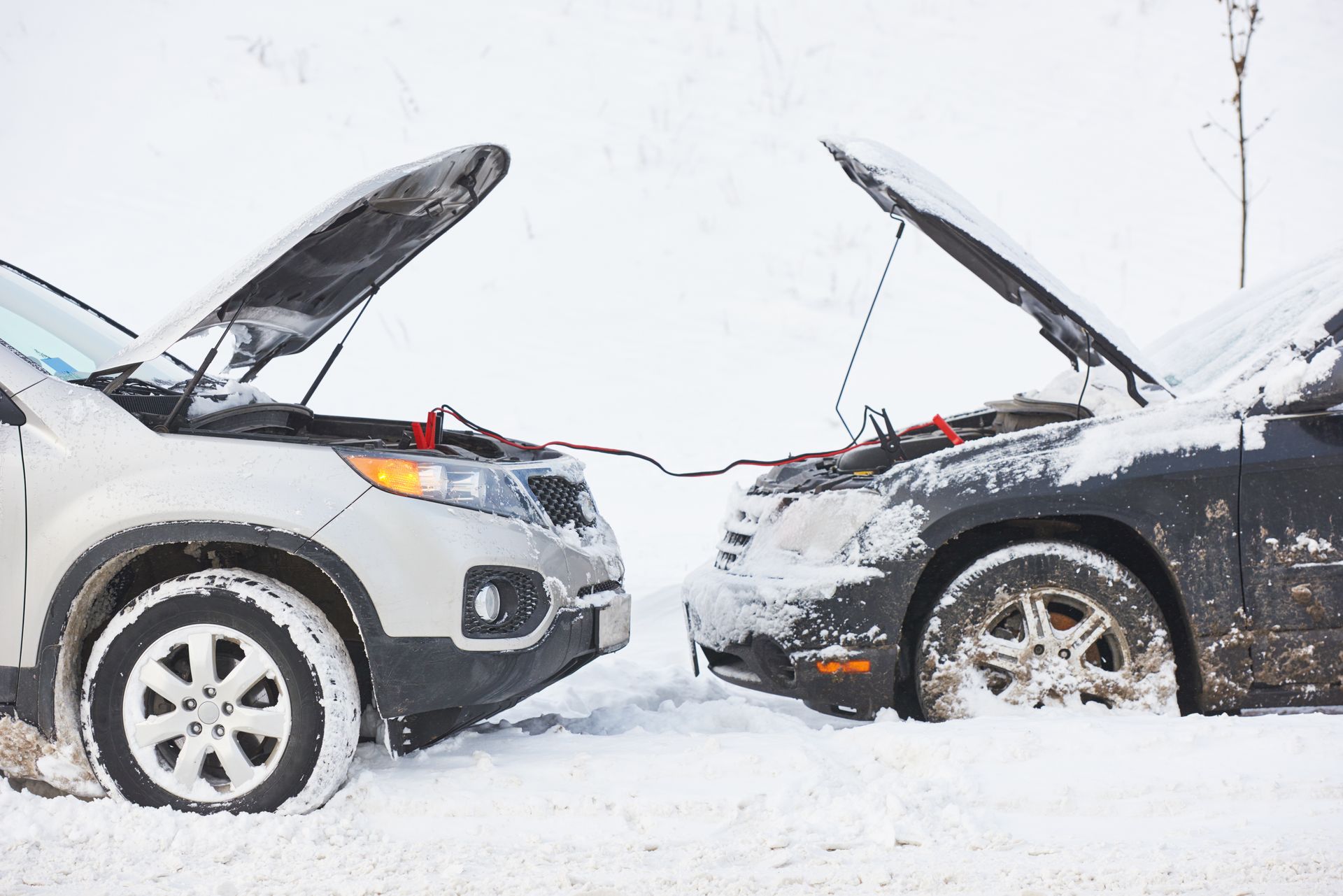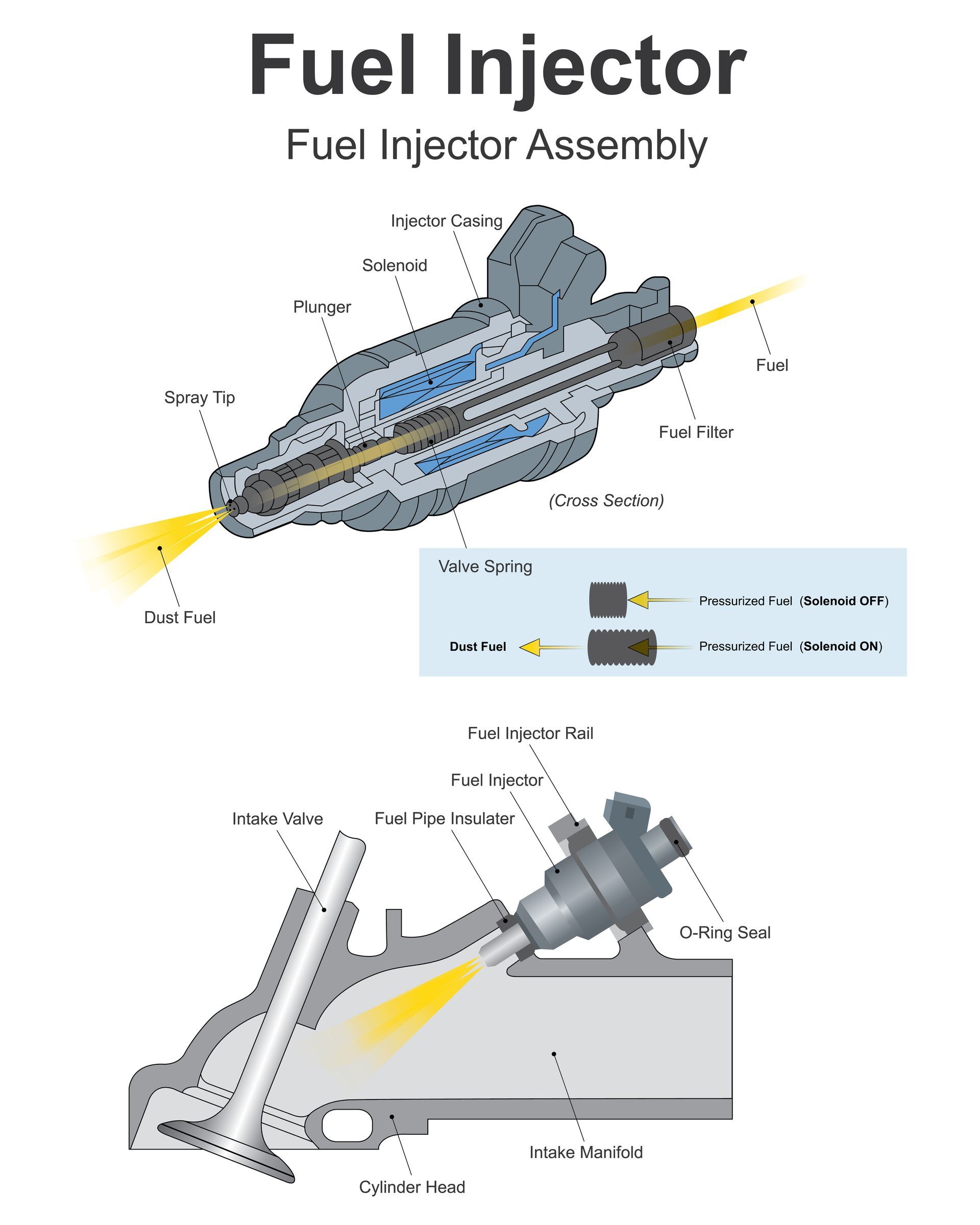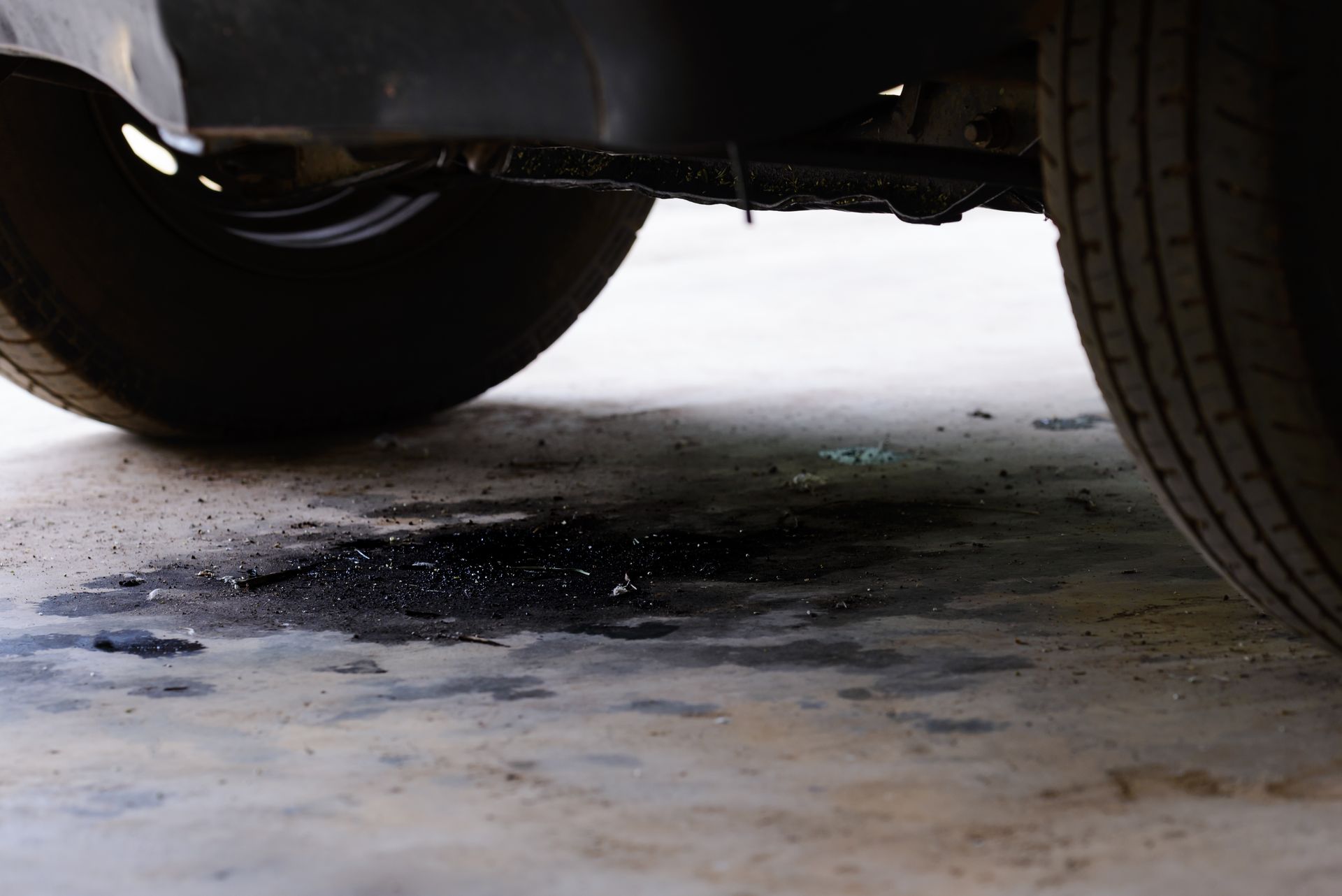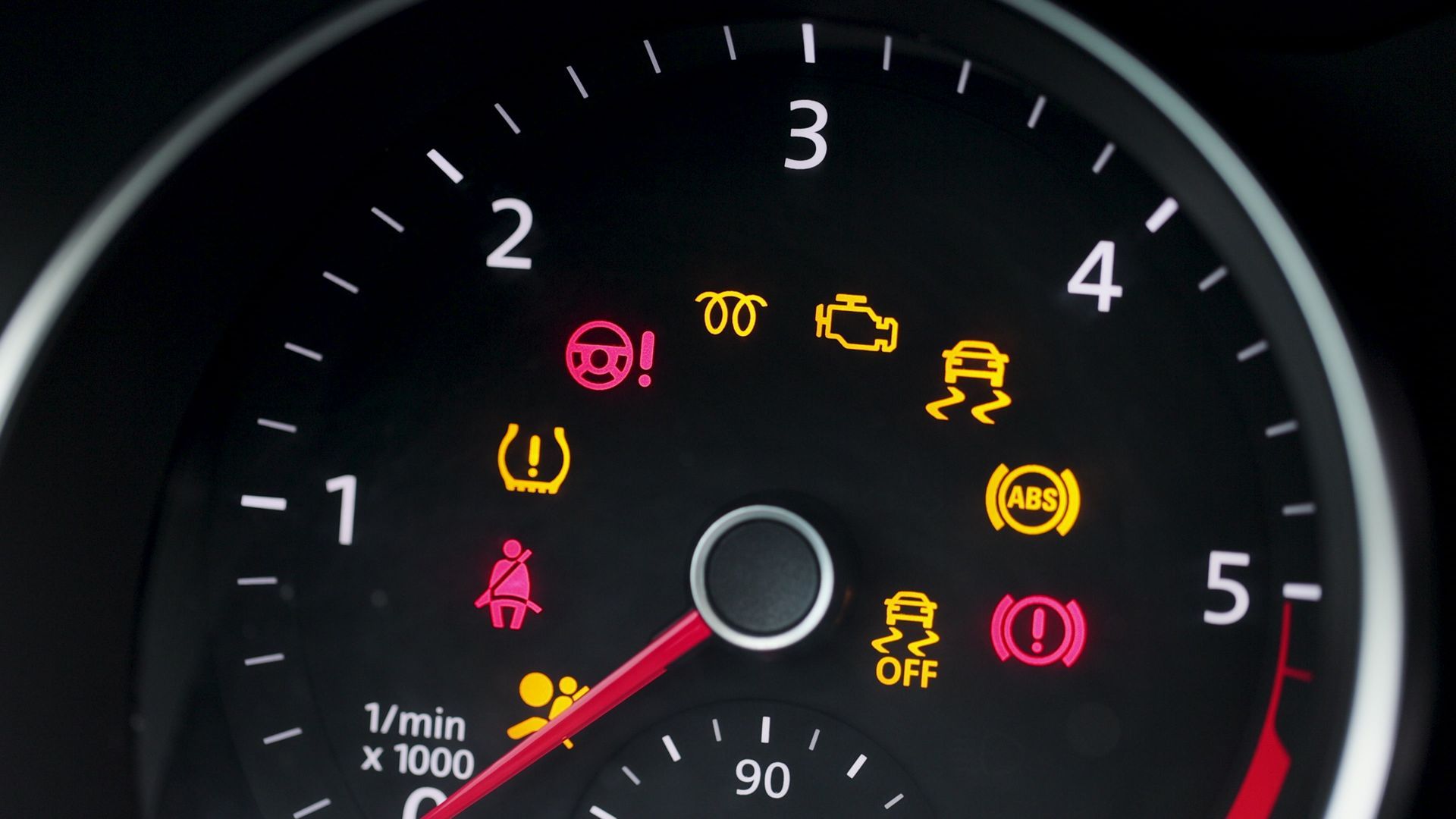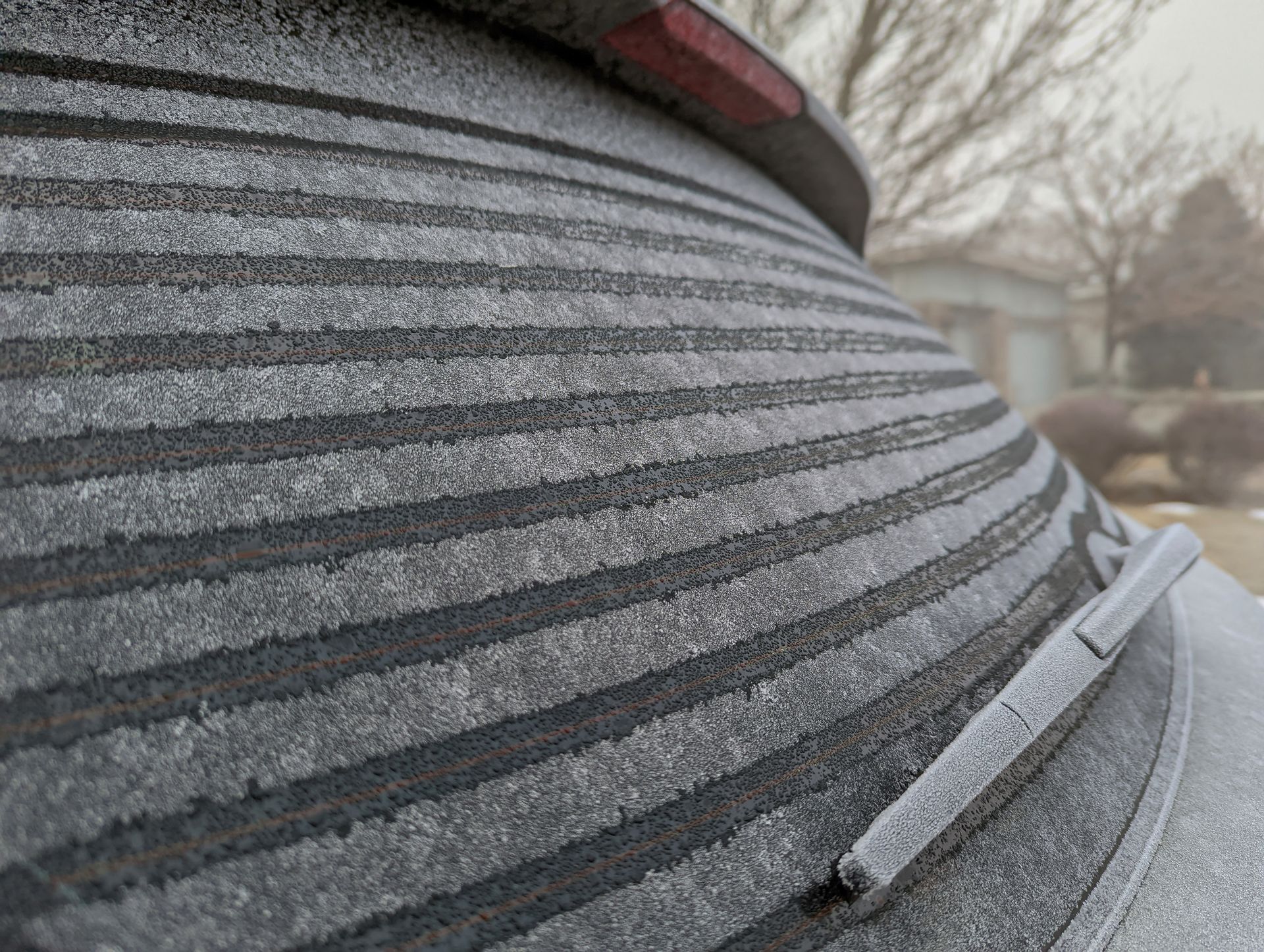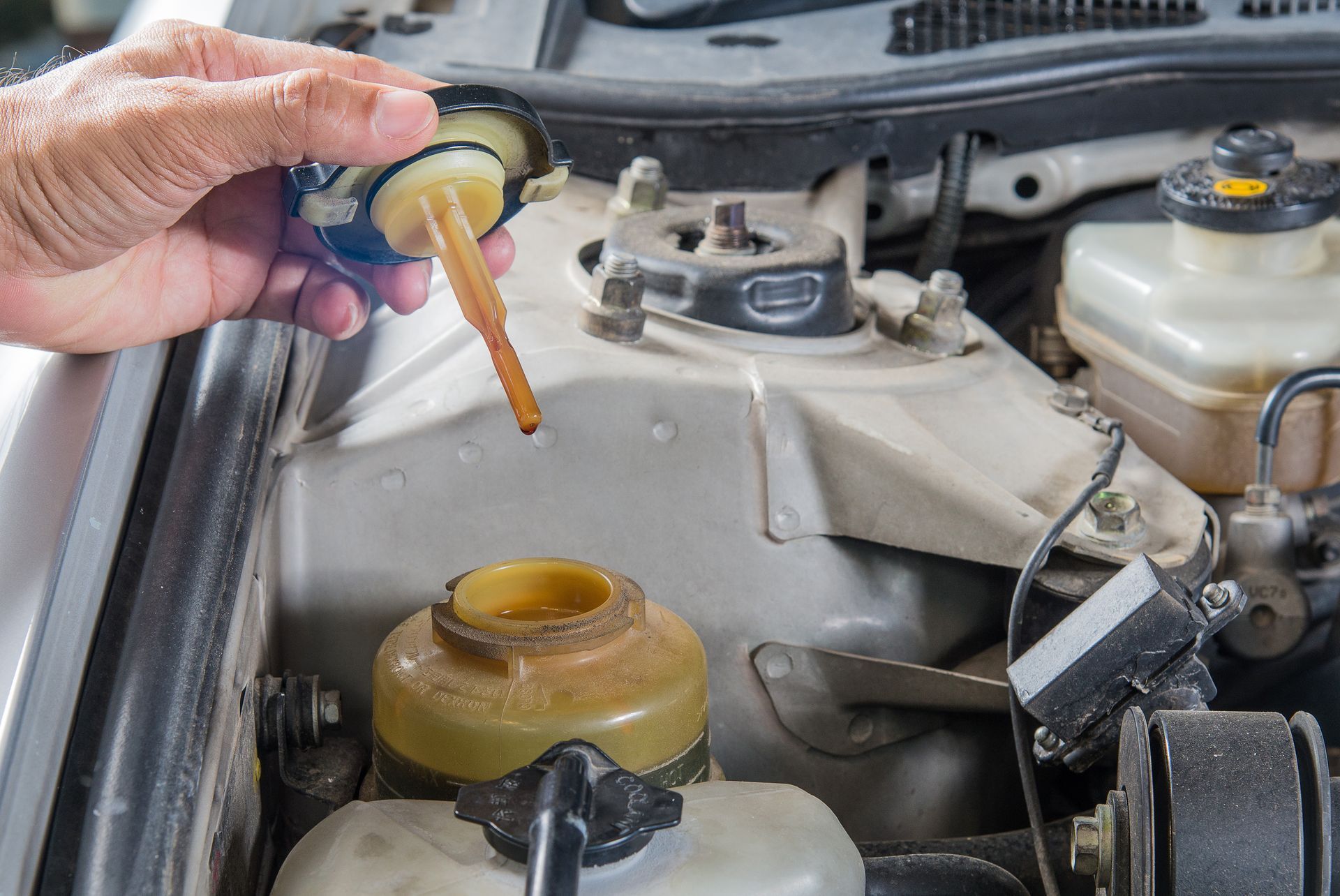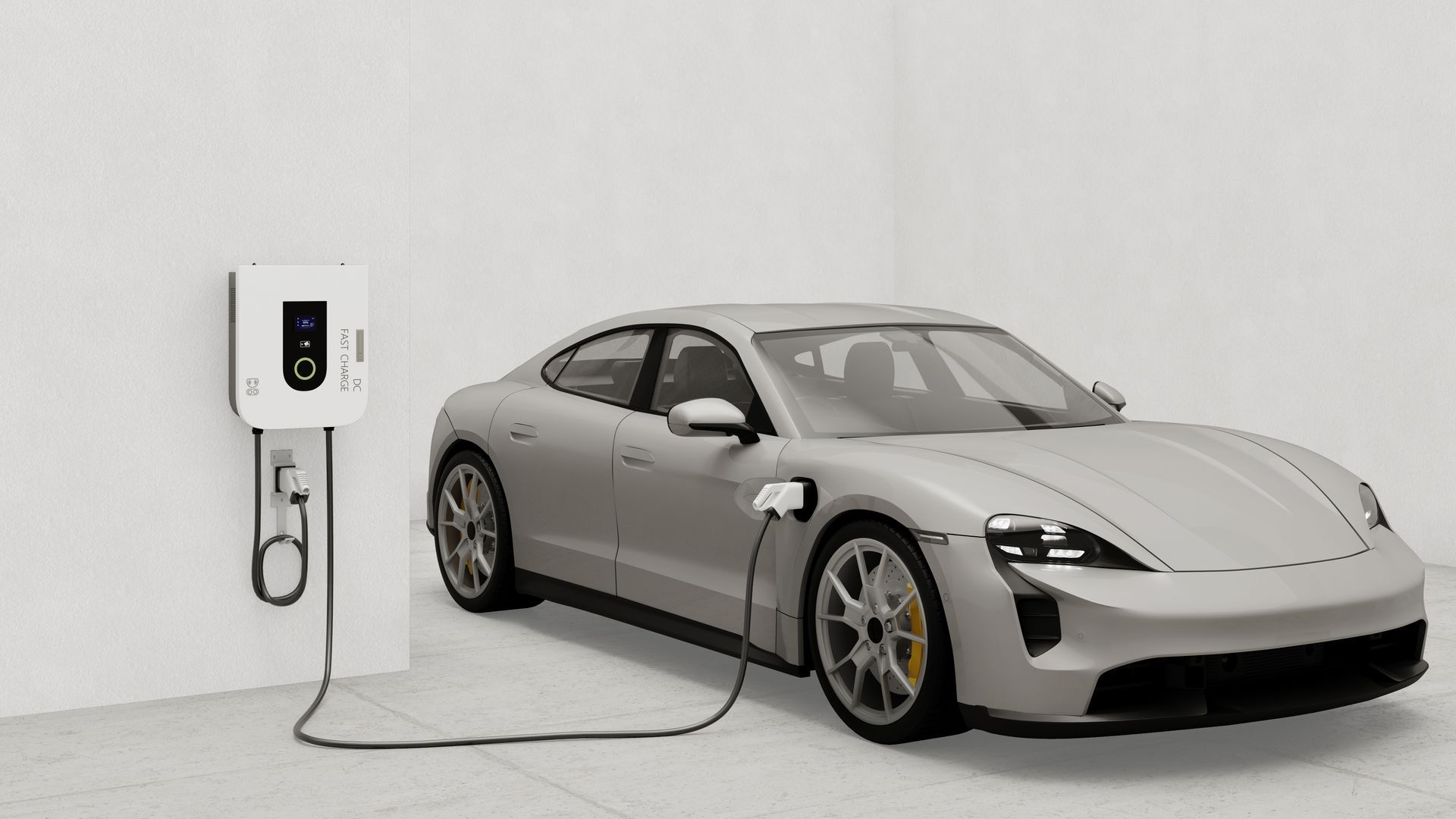Crossing the Maritimes by car can be one of the most scenic and relaxing road trips you’ll ever take. But staying focused behind the wheel for hours at a time is no easy task. Fatigue can sneak up, especially when driving on long stretches of highway with little traffic or variation. That mental and physical tiredness can slow your reaction time, dull your awareness, and put you at higher risk for accidents.
The good news is that with a bit of planning and awareness, you can stay sharp, safe, and comfortable from start to finish.
Get a Full Night’s Sleep Before You Go
It might sound obvious, but many drivers still hit the road without proper rest. A quick coffee before departure won’t make up for just a few hours of sleep. Being well-rested helps you stay focused and alert, especially during the first few hours of the trip when your body is still adjusting to the drive. If you’re planning an early departure, go to bed earlier the night before so you're not relying on caffeine to keep your eyes open.
Break Up the Drive with Regular Stops
Even if your goal is to have a great time, sitting behind the wheel for more than two hours at a stretch can take a toll on your energy and focus. Plan to stop at least every 90 to 120 minutes, even if it’s just to walk around for a few minutes, stretch your legs, or grab a snack. These small breaks can do a lot to refresh your mind and reduce fatigue.
Rest areas, local attractions, or even small scenic detours give you a chance to reset. If you’re traveling with others, take turns driving to split up the load and give everyone time to rest.
Watch Out for the Early Afternoon Slump
There’s a natural dip in energy that tends to hit in the early afternoon, especially if you’ve been driving since the morning. This slump is caused by your body’s internal clock and can lead to reduced focus and alertness. If you start feeling drowsy, pull over and take a short break. Even a 15-minute nap can help reset your energy level and get you back on the road safely.
Avoid Heavy Meals and Sugary Snacks
The food you eat during your drive can directly affect how awake and alert you feel. Large, heavy meals can leave you feeling sluggish, while sugary snacks often cause a quick energy spike followed by a crash. Instead, try light meals and high-protein snacks like nuts, cheese, or fruit. Staying hydrated with water or electrolyte drinks is also important, especially on warmer days or longer trips.
Keep the Cabin Air Fresh and Cool
Stale or warm air can make you feel more tired than you realize. Use your car’s ventilation to circulate fresh air or crack a window occasionally. Keeping the cabin a bit cooler than room temperature can help you stay alert. Some drivers also find that a blast of cold air helps wake them up if they start to feel drowsy.
Engage Your Mind, Not Just Your Eyes
Driving long distances often puts your brain into autopilot, especially when traffic is light and the scenery doesn’t change much. Listening to music, podcasts, or audiobooks can help keep your mind engaged without being distracting. Choose something that holds your interest but isn’t too calming. Singing along to music or chatting with a passenger can also help keep you engaged and alert.
Know the Signs of Fatigue and Act on Them
Fatigue doesn’t always show up as yawning or drooping eyelids. Some signs are more subtle, like missing road signs, drifting out of your lane, or having trouble remembering the last few kilometers. If you notice these signs, take them seriously. Find a safe spot to stop, take a walk, or switch drivers if possible. Trying to push through fatigue only increases your risk.
Plan Your Route With Flexibility
Part of staying safe is knowing you don’t have to rush. Build extra time into your trip so you’re not racing the clock. If you feel tired or run into delays, you’ll have more freedom to stop and recover without stress. Include overnight stops for multi-day trips, and don’t hesitate to adjust your plans to suit your energy level.
Prep Your Vehicle for a Trouble-Free Drive
A safe, comfortable vehicle makes long drives much easier. Before heading out, check your tire pressure, fluid levels, lights, and windshield wipers. Make sure your seats are adjusted properly and that your mirrors give you a clear view. If you haven’t had recent maintenance, this is a great time for a quick checkup to make sure nothing unexpected interrupts your trip.
Stay Road-Ready with Help from JP’s Garage in Dieppe, NB
Whether you’re heading across the Maritimes for the holidays or just taking a long weekend drive, make sure your vehicle is ready for the road. At JP’s Garage in Dieppe, NB, we can inspect your tires, brakes, battery, and fluids to help you drive confidently and safely.
Book your appointment today and enjoy every mile of your journey without worry.


